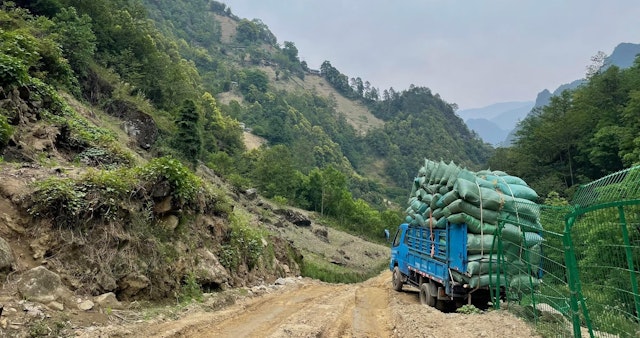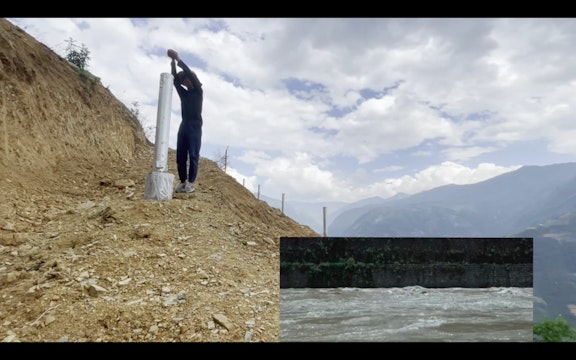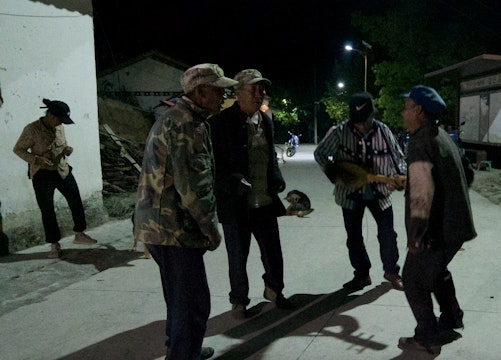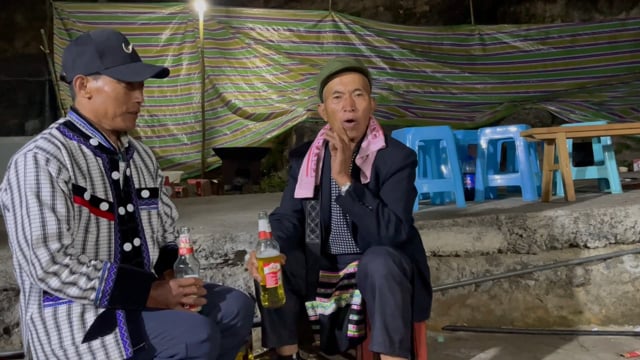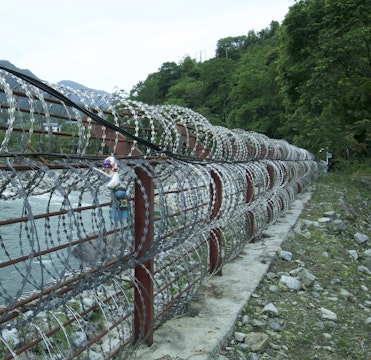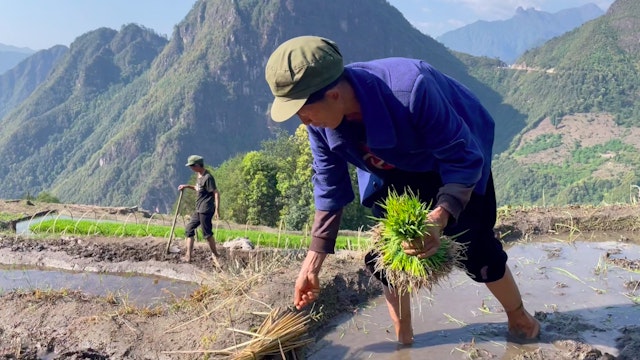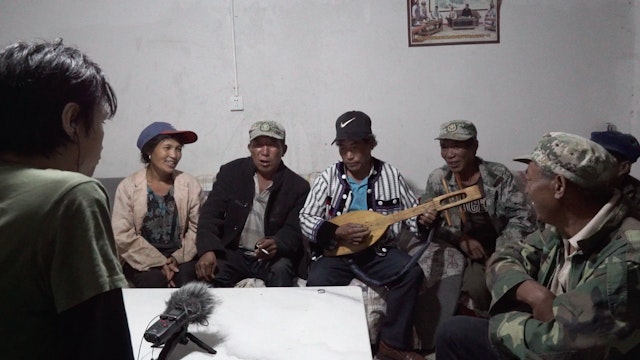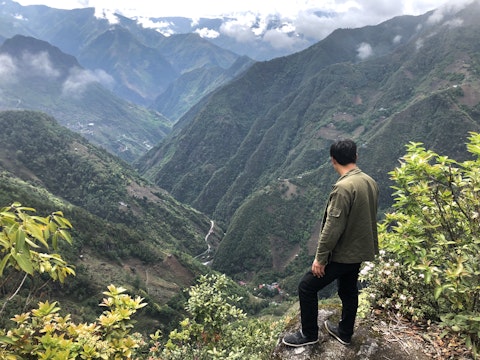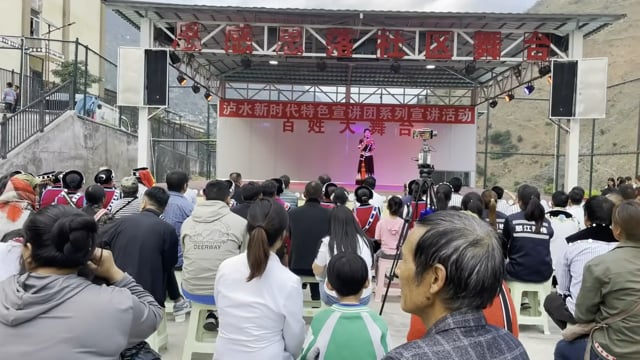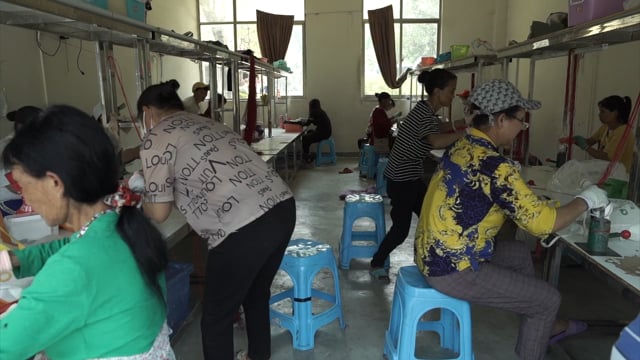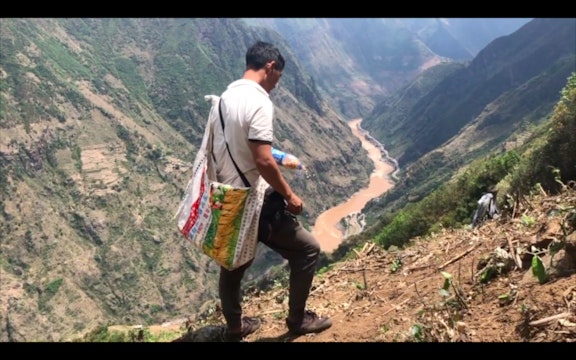The Wedding of a Lisu friend
We attended three weddings in Nujiang prefecture
We attended three weddings in Nujiang prefecture
The first wedding took place in a resettlement site, we waited about 7 hours, and a middle-aged man (40) who sang well was looking for someone who could sing with him the whole time, but in the end no one wanted to sing.
The second wedding took place in a mountain village. Several men over the age of 60 sang a few Baishi words into the wedding host's microphones, but the audio speaker was disconnected by a youth and the microphones were taken away. In the evening, after the guests had left, these old men sang Baishi again in a corner, sitting on a long bench, with a strong impression of alcohol. One of them was the bride's grandfather, who insisted on singing even though his voice was hoarse.
The groom of the third wedding was someone we knew. Before the wedding, he invited us several times and assured us that he had invited someone who could sing and dance at the wedding scene. That day, I waited for dusk and the departure of all the guests, but I didn't hear anyone singing. During the wedding, I saw a lot of old friends I'd known before, so I filmed a few fragmentary moments.
At a traditional Lisu wedding, the bride and groom must wear traditional costumes, and guests must sing before entering the wedding hall. Sometimes they sing and dance for several nights. In these three weddings, the bride and groom all wore Western-style suits and dresses and found it not very popular to sing Baishi at weddings today.
